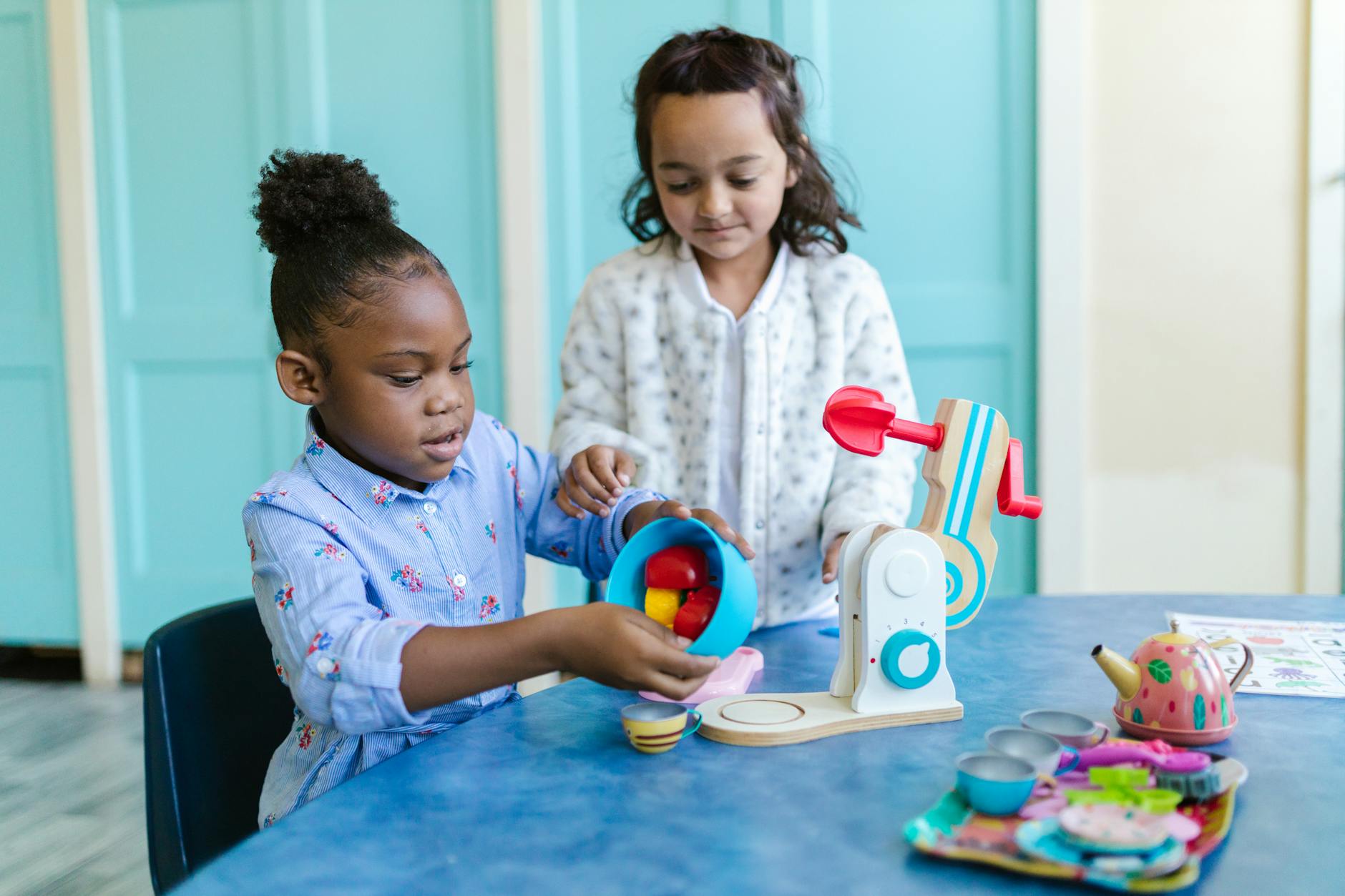Is Australia Leading the Way in Child Care Education?

Child Care Landscape in Australia
Understanding the child care landscape in Australia can offer meaningful insights into how it supports societal needs. Australia’s approach to early childhood education plays a pivotal role in shaping the future of its young citizens. Policies in this realm are thoughtfully designed and cater to various family dynamics and socioeconomic backgrounds. If you are aware of events like creative workshops held at Federation Square, you will appreciate how some of these initiatives fuse creativity with educational value.
Key stakeholders in this sector include government bodies, private institutions, and non-profit organizations. Each entity brings unique strengths to the table, from setting educational standards to implementing community-focused programs. This diverse ecosystem is vital for adapting to local and national demands. Government policies provide a framework, but the vibrancy of local creatives, like those you might find collaborating in marketing agencies within the Melbourne CBD, adds a unique flavor and cultural richness.
Recent developments reflect a proactive stance, responding to emerging societal needs. Emphasis has been placed on accessibility and inclusivity within child care services, widening the reach and efficacy of these programs. Such changes aim to ensure that every child has the opportunity to thrive educationally and socially. In sum, Australia's child care landscape is dynamic and ever-evolving, fostering an environment where early learning experiences are both nurturing and innovative.
Performance Metrics
Educational Outcomes
In the vibrant landscape of Melbourne, where creative pursuits meet empirical evidence, assessing child care courses against educational outcomes is an insightful journey. It's essential to determine how these courses prepare educators to foster growth in young learners. Outcomes are measured through various indicators such as cognitive development milestones, social interaction skills, and early literacy and numeracy achievements.
Quality Assessment Standards
Navigating the benchmarks set for quality in child care education reveals a structured yet dynamic approach to ensuring excellence. Quality assessment standards not only encompass safety and care but also delve into the methods used for teaching and learning. In Melbourne, particularly at creative hubs like Federation Square, discussions frequently pivot around how innovative education practices align this field with global standards. These standards typically evaluate environments, educator qualifications, and curriculum implementations, offering a comprehensive picture of the system's efficacy.
International Comparisons
Days spent at Melbourne's marketing agencies or digital meetups like The Cluster often ignite conversations about how Australia's child care metrics stack up globally. Comparing Australia's child care education system with international counterparts enhances understanding of best practices and areas for improvement. Examining performance across different countries provides a lens through which stakeholders can identify successful strategies and innovative models that could be mirrored in local contexts or adapted to improve outcomes in Australian child care settings.
Innovations in Child Care
Technological Integration
Australia's child care sector is increasingly embracing technology to enhance educational experiences and streamline administrative tasks. Digital platforms are being integrated to facilitate personalized learning, allowing educators to tailor activities to individual needs. At the same time, tech tools improve efficiency in everyday tasks, from attendance tracking to sharing updates with parents through secure apps. This technological shift not only supports educators but also engages children in interactive and dynamic learning environments.
Curriculum Advancements
Curriculum design in child care is undergoing transformative changes aimed at embedding contemporary pedagogies and inclusivity. Recent advances include integrating play-based learning with structured educational outcomes, ensuring that children develop cognitive, social, and emotional skills. Educational frameworks are being constantly reviewed and updated to incorporate indigenous perspectives and sustainability practices, offering a holistic approach to early childhood education. These improvements help prepare young learners for the future while respecting Australia's rich cultural diversity.
Training Programs for Educators
A significant focus is on fostering educator expertise to meet evolving educational demands. Community services courses are increasingly popular for those aiming to upskill in early childhood development. These courses offer comprehensive training, equipping educators with the tools and knowledge to implement effective child care strategies. Melbourne’s creative hubs continue to play a role, with workshops and meetups at venues like The Cluster, fostering a community of lifelong learners committed to enriching children’s educational journeys.
Best Practices
Successful Program Models
When it comes to innovative child care education in Australia, a few standout programs set the benchmark. Early Learning Centers in Melbourne, especially those collaborating with marketing agencies in the CBD, have embraced flexible curriculums catered to diverse learning styles. These centers are leading the way by integrating learning with play to ensure children develop critical thinking skills straight from the start. The approach emphasizes child autonomy, nurturing creativity, and ensuring our young minds are well-prepared for future challenges.
Community Engagement Strategies
Building strong community ties is pivotal. Taking inspiration from the creative workshops held at Federation Square, some child care centers have initiated weekend events where families engage with educators, share insights, and explore creative activities together. Such gatherings not only foster a sense of belonging but also empower parents with skills to support their child’s education journey. This collaborative effort also allows parents to witness firsthand the impact of child care funding and investment in enhancing educational experiences.
Policy Recommendations
Finally, as someone passionate about child care education, I advocate for policies that reflect the dynamic landscape of child care. Just as digital marketing meetups at The Cluster discuss the latest industry trends, policymakers should engage with industry experts to craft forward-thinking strategies. It's essential to allocate resources towards teacher training programs and technological integration to keep up with evolving educational demands. Prioritizing accessibility and ease of child care options ensures that every child, regardless of background, benefits from quality education.


